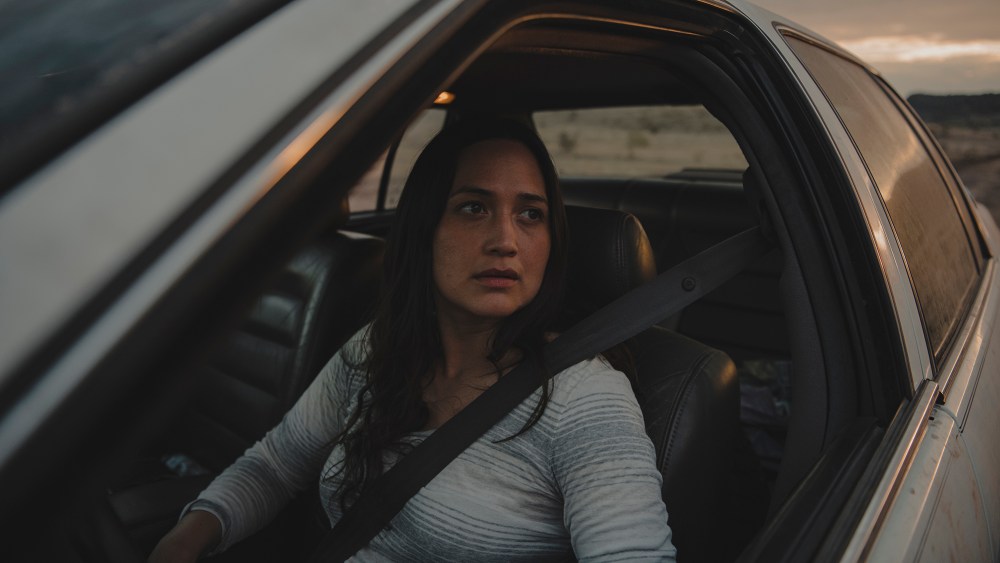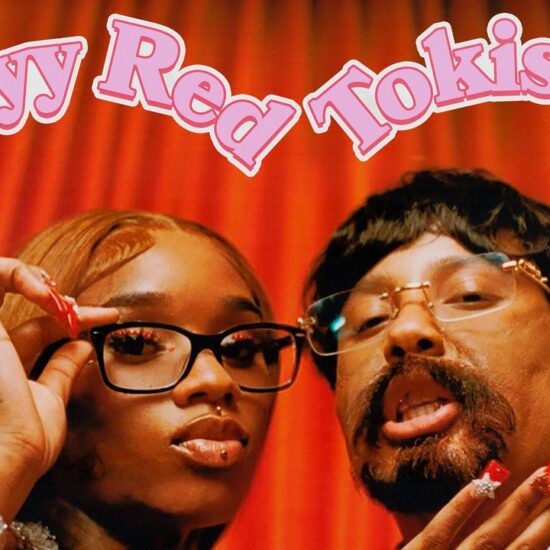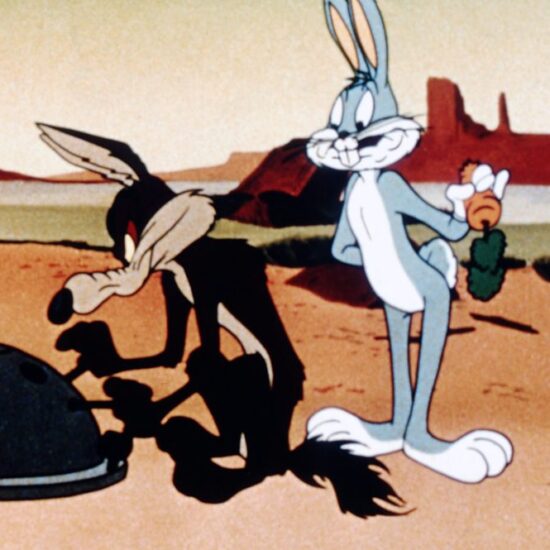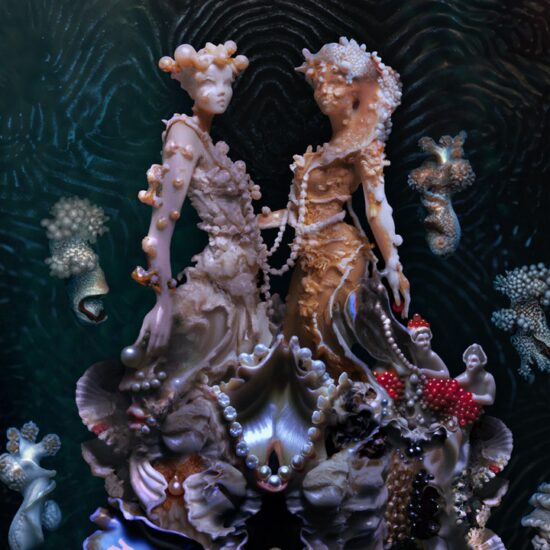
There is no unknown country in “The Unknown Country,” a gently meandering road trip through an America that even those of us directly unacquainted have traveled via the movies: Morrisa Maltz’s lovely second feature trades in the familiar imagery of unfettered highways ribboned through the great, grassy middle of nowhere, roadside inns outlined in humming hot-pink neon, gas stations slumped against the sparse landscape like oily oases. It’s the people building their lives along this route, however, that this sociable, inquisitive docufiction seeks to discover, as Maltz profiles the faces flashing by the driver only passing through. A diner hostess, a convenience store clerk, a motel proprietor — here, all get to share their stories beyond the usual scope of road-movie bit parts.
Indeed, for much of the film’s compact running time, we learn more about these foregrounded background figures — playing themselves with generous candor and good humor — than we do about its ostensible protagonist Tana, played with typically watchful intelligence by Lily Gladstone, the marvelous star of Kelly Reichardt’s “Certain Women” and Martin Scorsese’s upcoming “Killers of the Flower Moon.” A Minneapolis resident, she’s prompted by her grandmother’s death to explore her Native American heritage along a winding asphalt trail down to Texas. But if Tana has an ostensible mission, her deeper motivations are harder to glean, only suggested in the expressive shifts (sometimes sorrowful, sometimes beatific, often some balance of both at once) of the star’s warm, open face.
That is by design: One of only a few pro actors in a textured real-world ensemble, Gladstone’s gracefully restrained performance is as much a conduit of the people around her as it is its own individual portrayal. This isn’t as creased or as close-up a character study as Chloé Zhao’s similarly conceived “Nomadland,” a film to which “The Unknown Country,” with its cross-country scope and documentary inflections, will routinely be compared. Where Zhao’s film was driven by a restless sense of purpose in its stubbornly individualist heroine, Fern, Maltz’s gets by on an equally compelling air of supple social drift: Tana paints herself quite happily into the communities she tries out along the way, all the while planting herself in her grandmother’s footsteps or tire tracks. It seems she has spent her adult life caring for the woman who just passed: Who she is, and what she wants, are questions for another day, another town.
The call to hit the road comes, unexpectedly, from another corner of her family: In the midst of her mourning, Tana is contacted by her cousin Lainey (Lainey Bearkiller Shangreaux) in South Dakota, with an invitation to attend her wedding. Tana is hesitant, not having seen her Oglala Lakota relatives since she was a small child; absences and estrangements are implied but not detailed in Maltz’s loose, porous screenplay, from a story that Gladstone and Shangreaux had a hand in workshopping. But she goes, drawn by loneliness and curiosity, and finds her people in the best sense: Lainey’s young daughter Jasmine (Jasmine Bearkiller Shangreaux), in particular, takes a shine to her, while elders implore her to visit the Pine Ridge Reservation next: “It’s like going home,” one says, promising it’ll “remind you of everything that’s good about where you come from.”
Tana duly extends her trip, though if she finds a semblance of home in the reservation, it doesn’t stop her driving: Piecing together an itinerary from photos in her grandmother’s album, she keeps heading south, and the film expands its heartland human quilt. Away from Tana’s narrative, we routinely veer into secondary characters’ stories, unfolding as isolated nonfiction vignettes. A store cashier jovially banters with Tana before we segue into his reflection on his long-term (and ultimately rewarded) search for a boyfriend; a waitress reflects on her cheery customer service ethos before inviting us into her home life, dotingly shared with hordes of once-abandoned cats; the manager of a line-dancing hall casts a spotlight on the establishment’s still-shimmying nonagenarian founder.
It would be easy for such interludes to feel like patronizing ethnographic diversions, but Maltz and editor/co-writer Vanara Taing do a fine, delicate job of ensuring that the film’s invented and observed narratives all share the same fabric, enhancing and informing each other as a collective. Andrew Hajek’s patiently roving lensing isn’t averse to the odd enraptured magic-hour vista, but binds the film’s various modes and methods in a common, sandy-hued visual language.
Tana may carry the film’s finale, but its epiphanies are modest, its incidents — a run-in with a traffic cop, a breath of romance with a Dallas dreamboat — taken casually in stride, part of a larger whole that spans real-life portraiture and quoted Mary Oliver poetry. Sometimes, just sometimes, Gladstone gets a sustained moment to herself — if only a cigarette break — and “The Unknown Country” pauses and breathes and enjoys the quiet, a blip in a nation where the wheels are always turning.













